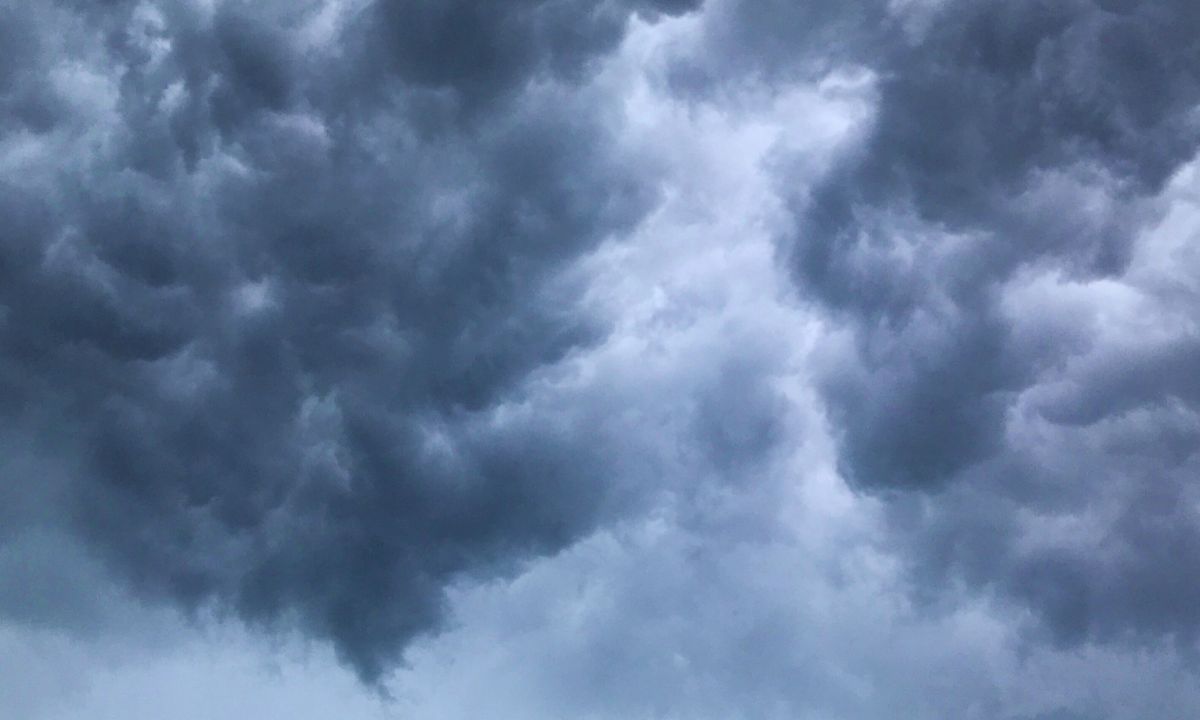In recent days, air pollution in Kathmandu has been alarmingly high. According to the Department of Environment, Kathmandu’s air pollution has reached an extremely unhealthy level.
Kathmandu was ranked as the most polluted city in the world on both Monday and Tuesday. On Wednesday, air pollution further increased. However, today, Delhi, India, has even worse air quality than Kathmandu, making Kathmandu the second most polluted city.
According to IQAir data, the average Air Quality Index (AQI) in Kathmandu this morning was measured at 268 micrograms per cubic meter for fine dust and smoke particles—three times higher than the safe limit. On Tuesday, the measurement was 225.
In Delhi, which ranks first, the AQI was measured at 336, with 261 micrograms per cubic meter of pollutants. An AQI between 101 and 150 is considered unhealthy for sensitive groups, 151 to 200 is unhealthy, 201 to 300 is very unhealthy, and anything above 301 is considered hazardous. Based on this scale, Kathmandu is in the “very unhealthy” category, while Delhi has reached the “hazardous” level.
Today, Baghdad, Iraq, ranks third in air pollution, followed by Hanoi, Vietnam, in fourth place, Lahore, Pakistan, in fifth, Chiang Mai, Thailand, in sixth, Tel Aviv, Israel, in seventh, Mumbai, India, in eighth, Wuhan, China, in ninth, and Yangon, Myanmar, in tenth place.
Over the past week, air pollution has increased in Kathmandu and other major cities across Nepal. The Department of Environment attributes this to emissions from industries, factories, and vehicles, wildfires, open burning of waste and agricultural residues, smoke from households, and dust from roads and construction activities.
Following the rise in pollution levels, the department has issued a notice urging special precautions for children, the elderly, people with respiratory problems, heart patients, and pregnant women.
Additionally, to control pollution, the department has appealed to the public to refrain from burning solid and plastic waste as well as agricultural residues, to ensure regular maintenance of vehicles, to use clean energy in industries, factories, and kitchens, and to take appropriate measures to control dust and smoke from roads and construction sites.






